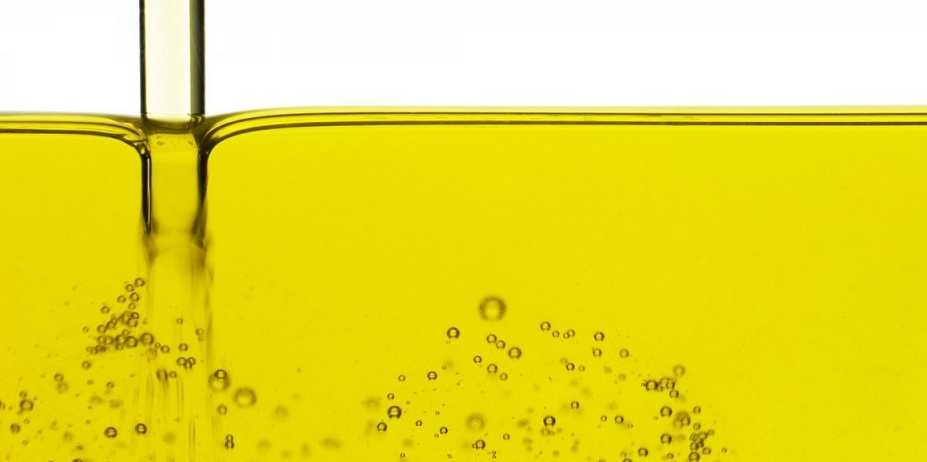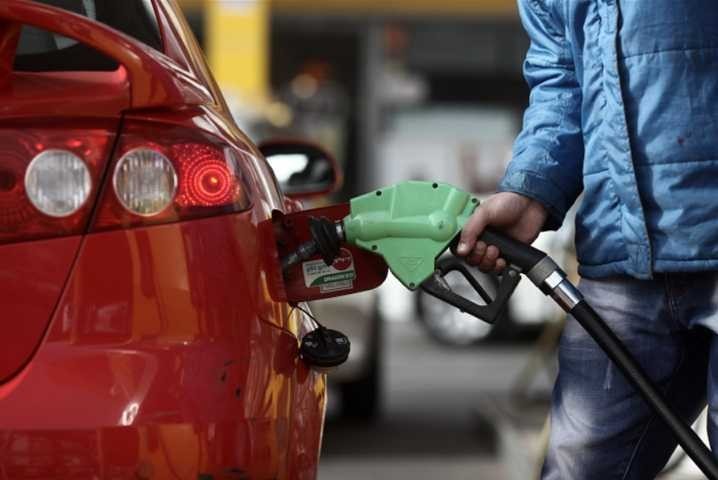Can Biodiesel Help to Save the Planet?

Biodiesel is a clean-burning, renewable fuel that can be used instead of conventional diesel fuel. It’s beneficial to both our economy and our environment, because by using biodiesel, it can cut down on greenhouse gas emissions and create more jobs in the United States while significantly reducing our dependence on foreign oil imports. At Charles Clark Chevrolet Collision Center , we’re obviously very concerned about the health of our planet and that’s why we’re very interested in this exciting source of energy.
Most of the trucks, buses, and tractors in the United States use diesel fuel. Diesel fuel is a nonrenewable fuel made from petroleum. Using biodiesel fuel produces less pollution than using petroleum diesel fuel. Any vehicle that operates on diesel fuel can switch to biodiesel without making changes to the engine. Biodiesel fuel has chemical characteristics similar to petroleum-based diesel, so it can be used as a direct substitute for diesel fuel. Biodiesel fuel can also be blended with petroleum diesel in any percentage without losing fuel economy.
Manufactured from a variety of sources including soybean oil, recycled cooking oil and animal fats, biodiesel is currently produced in all 50 states. Monitored carefully by the Environmental Protection Agency (EPA), the standards for biodiesel fuel are stringent and that’s why its quality must be top-notch, so that it can be used in current diesel engines without modification.
The trucking industry is projecting production levels of nearly 10 percent biodiesel in the diesel transportation market by the year 2022. Right now, there are about 200 biodiesel plants located in the U.S., but within the next five years, experts say there will be 50-100 new ones either built or under construction.
The impact on the planet by using biodiesel is very favorable, especially when compared to other types of fuel. Biodiesel has the capacity to reduce greenhouse gas emissions by a minimum of 57% and when compared to petroleum diesel, up to 86%. The EPA has continually reported diesel exhaust from older vehicles, especially buses and trucks, as one of the most hazardous pollutants in existence, so biodiesel is obviously a much better alternative.
Studies conclude that biodiesel can outperform gasoline while burning more cleanly. However, renewable energy experts differ on the ultimate ecological benefits of biodiesel ever becoming the nation’s number one choice for fuel. Current numbers cite U.S. usage of diesel fuel as more than 1.4 billion gallons, but critics say that a complete shift over to biodiesel would produce a strain on the land used for agriculture as well as causing a significant increase in food prices. For example, European demand for biodiesel has increased Indonesian production and exports of palm oil have caused farmers to clear cut wild forests for palm plants.
Another possibility is to produce biodiesel fuel resources by supporting aquatic farming methods. Certain marine farmed algae crops could relieve the pressure to grow extra corn and soy products on land in addition to their superior oil content and rapid growth cycle.
If you’re thinking about biodiesel for use in your own car, unfortunately, it can’t be introduced into an engine designed to run on gasoline. However, a diesel car can accept biodiesel and petroleum diesel interchangeably as well as a specified blend of both fuels. Another advantage is that biodiesel is a solvent and will clear multiple diesel deposits that have been left in the fuel tank. This may result in some fuel filter clogging at first but an ongoing use of biodiesel will not demand a higher volume of filter changes. Biodiesel has excellent lubricating properties which reduce the wear and tear on vital engine parts.
This information is gladly offered by Charles Clark Chevrolet Collision Center , one of the finest collision repair companies in TX, because we're concerned about the future of Mother Earth.















Social